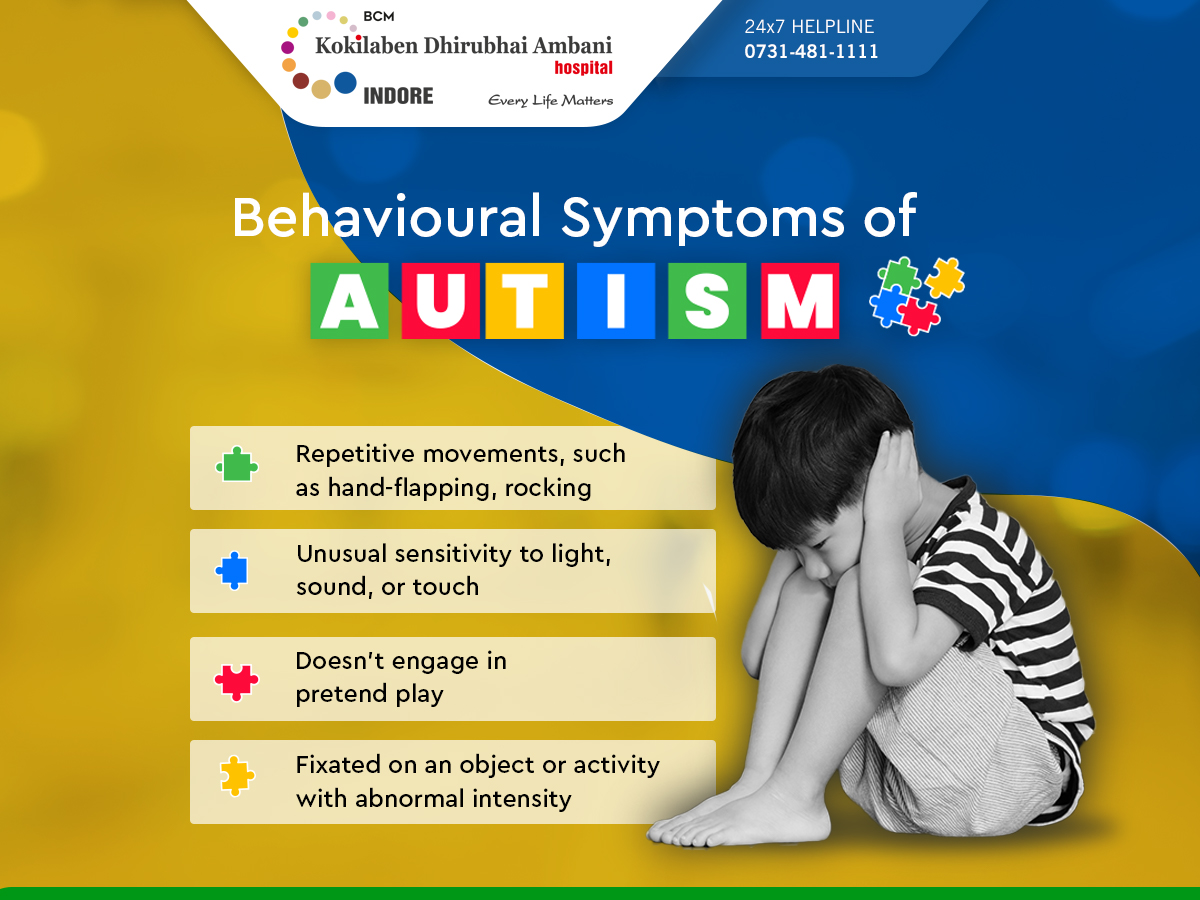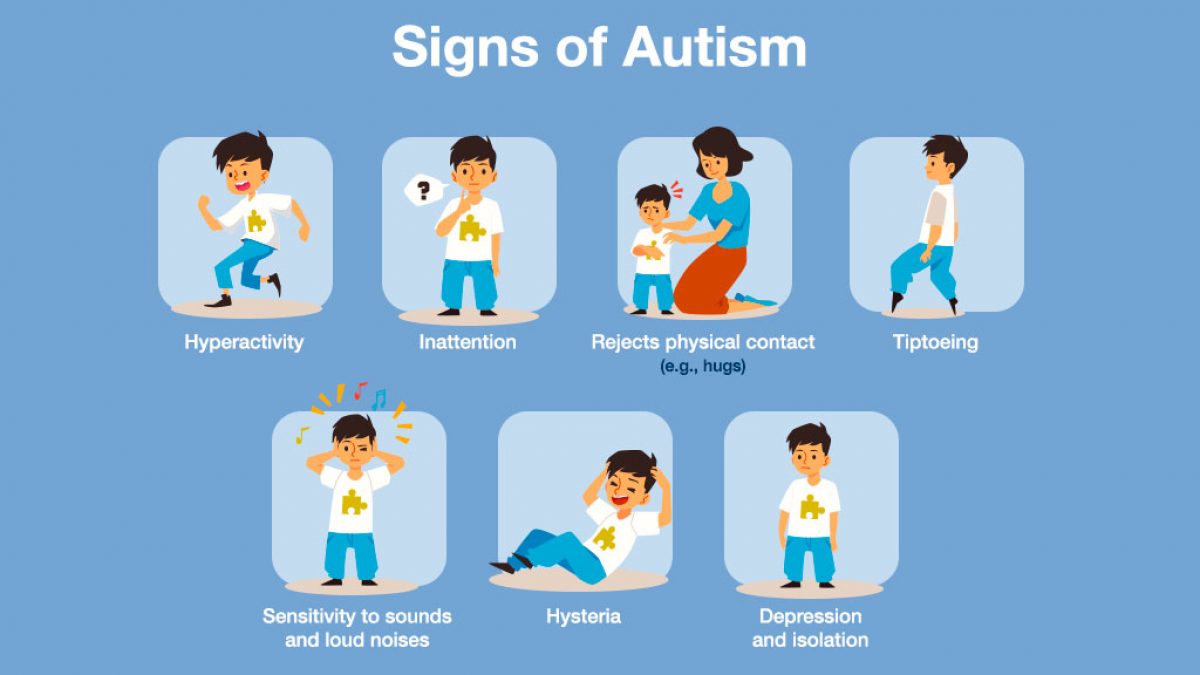Comprehensive guide for working with Autism Spectrum Therapies
Comprehensive guide for working with Autism Spectrum Therapies
Blog Article
Trick Indicators and Signs And Symptoms to Identify in People With Behavioral Autism
When you experience someone with behavioral autism, identifying vital indicators and signs and symptoms is essential. In addition, sensory level of sensitivities can lead to frustrating experiences.
Challenges in Social Interactions
When you communicate with someone on the autism range, you might notice they battle with social hints and interaction. These challenges can make social interactions really feel frustrating for them. You might see them preventing eye contact or standing too close or also away during discussions, which can create misconceptions. They may not pick up on body movement or face expressions, making it harder for them to assess how others are really feeling.
When they do engage, they may speak concerning their passions in great detail without discovering if you're interested. Comprehending these obstacles can aid you come close to communications with empathy and patience, promoting a much more comfortable atmosphere for both of you.
Problem With Verbal and Non-Verbal Communication

Identifying these indicators is important, as it aids you better assistance and involve with individuals on the autism spectrum. By recognizing their communication difficulties, you can cultivate much more purposeful links and offer an extra encouraging environment.
Repeated Actions and Routines
Interaction challenges typically come with various other signs of autism, such as repeated habits and a solid choice for routines. You might discover that people with autism usually engage in particular, repetitive activities, like hand-flapping, shaking, or duplicating phrases. These habits can give convenience and a sense of control in an usually frustrating world.
When they follow an organized schedule,Regimens are just as essential; several people flourish. You might find that modifications to these regimens can result in significant distress. If they have a day-to-day ritual of consuming breakfast at a certain time or following a certain course to college, any type of interruption can cause anxiety.
Identifying these patterns assists you comprehend their behavior and give assistance. By fitting their need for regular and enabling repetitive activities, you can produce a more comfy atmosphere that eases their obstacles.
Sensory Level Of Sensitivities

Usual Sensory Triggers
Sensory sensitivities can considerably impact daily life for individuals with autism, as certain stimuli typically activate overwhelming responses. Typical sensory triggers include loud noises, bright lights, and strong smells. Understanding these triggers can help you manage your atmosphere better.
Behavioral Reactions Described
Recognizing your behavior feedbacks to sensory sensitivities is important, as they frequently expose exactly how you engage with the globe. You may observe that specific audios, lights, or structures bewilder you, bring about stress and anxiety or discomfort. When encountered with these stimulations, you may withdraw, cover your ears, or perhaps react aggressively. These feedbacks aren't just quirks; they're your means of managing overstimulation. You may additionally discover on your own seeking specific sensory experiences, like deep pressure or peaceful settings, to assist ground yourself. Identifying these patterns assists you understand your demands better and can lead exactly how you communicate them to others. By recognizing your sensory sensitivities, you can function towards producing an environment that really feels much more convenient and comfortable for you.
Coping Techniques Introduction
Acknowledging your sensory sensitivities is just the first action; currently it's time to check out coping methods that can assist you handle those experiences efficiently. Start by creating a sensory toolkit customized to your demands. Developing a structured routine check here can also give predictability, lowering anxiousness around sensory overload.
Limited Rate Of Interests and Focus
While several people establish a vast array of interests, those with autism often demonstrate limited passions and an intense focus on specific topics. You might see that a person with autism can invest hours delving into their favored topic, whether it's a certain type of train, a particular film, or a scientific concept. This intense focus isn't just a hobby; it can become a main part of their identification and social communications.
You may locate that conversations focus on these interests, and they may battle to participate in broader subjects. For them, these focused rate of interests provide convenience and a sense of proficiency. While it's important to urge exploration of brand-new subjects, respecting their interests is equally vital. By recognizing and recognizing these restricted rate of interests, you can foster an encouraging environment where they really feel valued and recognized, permitting even more meaningful connections and communications.
Psychological Law Troubles
People with autism usually encounter obstacles in psychological law, which can be affected by their intense focus on particular interests. You might notice that when a person is deeply involved in a favored activity, they can experience strong feelings, whether exhilaration or frustration. When things do not go as prepared., this strength often makes it difficult for them to shift equipments or handle their feelings - Autism Behavioral Therapy.

Irregularity in Developing Turning Points
When it comes to developing milestones, you'll discover that individuals with autism typically reveal a large variety of irregularity. You may see a kid stand out in language abilities however battle with social communications.
It's vital to identify that each person's trip is unique. Some might create intricate abilities early, only to face challenges later on. Others may take longer to accomplish fundamental landmarks yet then prosper in specific locations. Observing these patterns can aid you recognize their staminas and needs better.
Regularly Asked Concerns
How Is Autism Detected in Children and Grownups?
To identify autism in kids and adults, professionals review habits, communication abilities, and social interactions. If a specific satisfies the criteria for autism spectrum problem., they commonly use standard tests, meetings, and monitorings to identify.
Exist Different Kinds of Autism Spectrum Disorders?
Yes, there are various types of autism range disorders, consisting of Asperger's syndrome and prevalent developmental disorder-not or else specified. Each kind varies in intensity and qualities, so recognizing these distinctions can aid you much better assistance individuals with autism.
What Therapies Are Effective for People With Autism?
When considering efficient treatments for individuals with autism, you'll discover alternatives like Applied Behavior Analysis, speech treatment, and work treatment. Each approach can assist boost communication, social abilities, and daily functioning tailored to specific demands.
Can People With Autism Lead Independent Lives?
Yes, individuals with autism can lead independent lives. With the appropriate assistance, skills training, and resources, you can assist them create self-sufficiency, take care of daily tasks, and prosper in numerous environments, fostering their self-reliance.
Just How Can Family Members Assistance Loved Ones With Autism?
You can support your loved ones with autism by producing a structured atmosphere, motivating their passions, exercising perseverance, cultivating communication, and promoting social skills. Celebrate their achievements, regardless of how small, and develop a helpful neighborhood.
Although lots of people on the autism range can understand and use language, they frequently deal with substantial challenges with both non-verbal and verbal communication. Recognizing these signs is vital, as it aids you far better assistance and involve with people on the autism range. You could see that individuals with autism often involve in certain, repetitive actions, like hand-flapping, rocking, or duplicating expressions.Sensory level of sensitivities can substantially influence day-to-day life for people with autism, as specific stimuli frequently trigger frustrating responses.When it comes to developing turning points, you'll discover that individuals with autism often reveal a vast array of variability.
Report this page